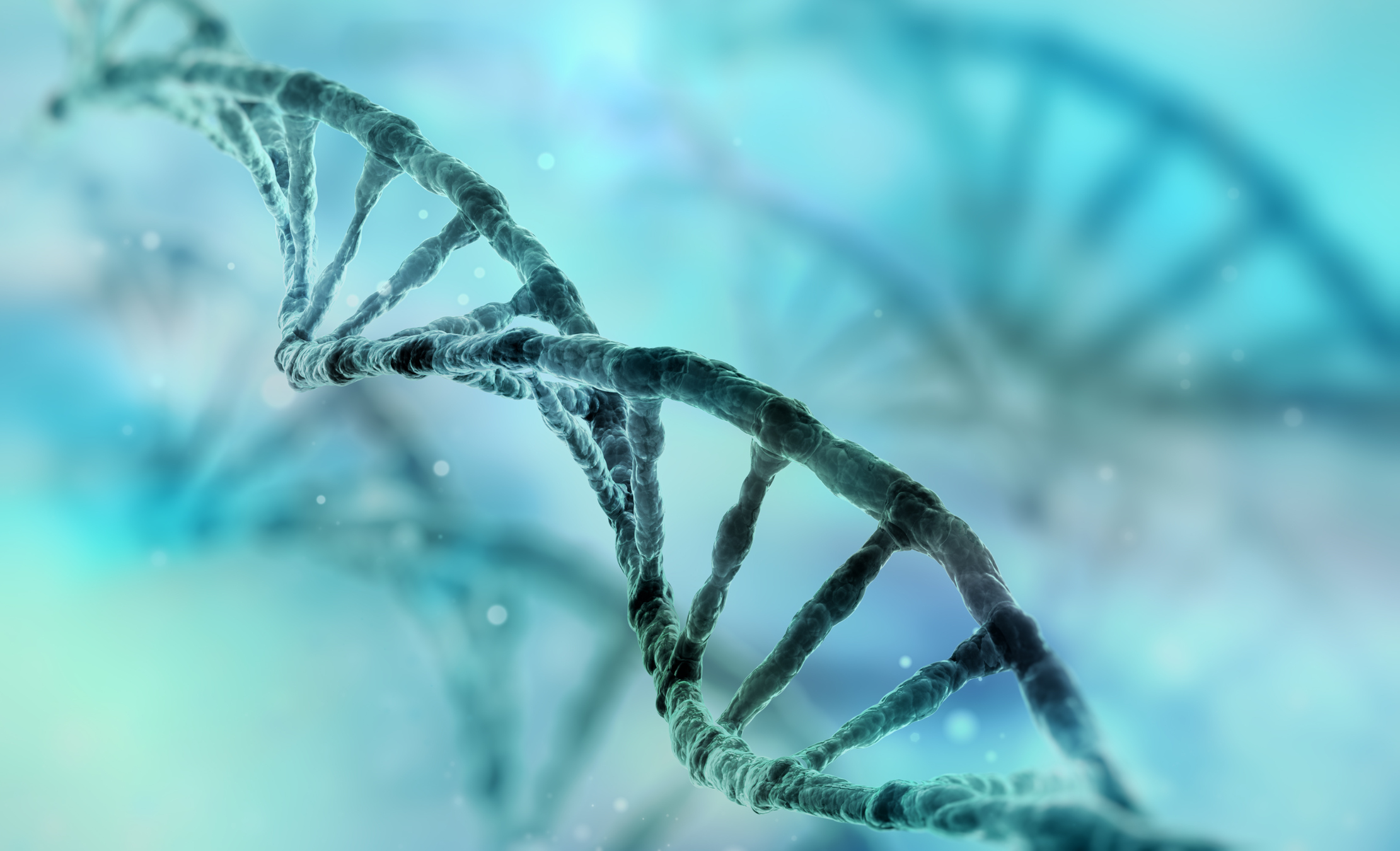Search results for: “shilatifard+published”
-

Study Discovers Novel Region for BRD4 Transcription and Potential Therapeutic Target
Northwestern Medicine investigators have discovered a novel protein region that regulates DNA transcription elongation, suggesting a new therapeutic target for treating cancers and developmental disorders, according to findings published in Molecular Cell.
-

Combining Epigenetic and Metabolic Approaches for Targeted Cancer Treatment
Northwestern Medicine scientists have identified a novel vulnerability in a subset of genes commonly mutated in cancer, according to a study recently published in The Journal of Clinical Investigation.
-

New Directions for HIV Treatment
Northwestern Medicine scientists have identified a new compound which could inform future HIV cure strategies, according to research published in Science Advances.
-

Study Uncovers Potential Therapeutic Approach for Advanced Prostate Cancer
A Northwestern Medicine study has discovered that elevated PALI1 in advanced prostate tumors mediates crosstalk between two primary epigenetic silencing mechanisms, suggesting that dual epigenetic inhibition may be an effective therapeutic strategy.
-

Novel Treatment Effective for Bladder Cancer, Study Shows in Mice
An epigenetics drug currently being used for the treatment of blood cancers and rare sarcomas can stop the growth of bladder cancer by activating the immune system, according to a new study.
-

Scientists Identify Key Mechanism Controlling Skin Regeneration
A new study has identified a molecular switch, through a protein called CDK9, that plays an early and critical role in the skin stem cell differentiation process.
-

Scientists Discover Novel Cellular Mechanisms Behind Transcription Elongation
Northwestern Medicine investigators have discovered novel mechanisms underlying transcription elongation, the process of synthesizing RNA from DNA.
-

Identifying Mechanisms of Methylation in Stem Cells
Northwestern Medicine scientists identified critical regulatory processes that govern differentiation in embryonic stem cells.
-

Protein ‘Chaperone’ Plays Dual Role in DNA Replication
The protein UBR7 acts as a histone chaperone and regulates nucleotide metabolism, making UBR7 among the first proteins known to affect both processes.
-

Histone Protein Influences Both Neurological Disorder and Cancer
Mutations in a histone regulator protein are connected to both a rare neurodevelopmental disorder and to some cancers, according to a recent study.






